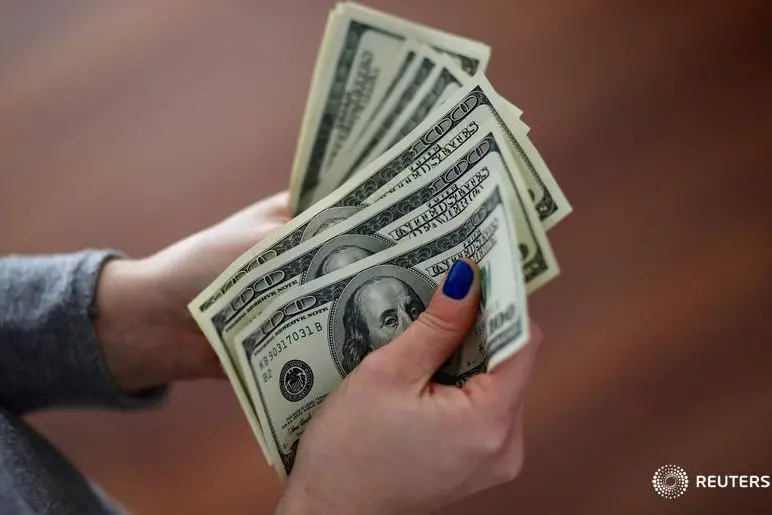PHOTO
The dollar was stuck at a five-day low on Thursday after Federal Reserve Chair Jerome Powell kept the door open for U.S. interest rate cuts, though investors were wary of selling dollars aggressively until a policy review later this month.
With U.S. inflation data due shortly, traders are prepared to sell dollars if the data undershoot forecasts. But analysts say the bigger risk may be that inflation beats expectations and causes to dollar to rebound.
" ... Perhaps the case for a bigger move in the currency would be if core inflation surprises to the upside, given the amount of Fed policy easing which is already baked into the swap curve," Stephen Gallo, European head of FX strategy said.
In testimony to Congress, Powell pointed to "broad" global weakness that was clouding the U.S. economic outlook amid uncertainty about the fallout from the trade conflict with China and other nations.
His comments did little to change market expectations -- money markets expect one rate cut later this month and a cumulative 68 basis points of cuts until the end of 2019 -- but market watchers said Powell's views will drive the dollar.
Against a basket of other currencies, the dollar fell 0.2% to 96.83, its lowest since July 5 and near the three-month low of 95.84 from late June.
"Once we get a quarter-point rate cut, which markets are widely expecting, Powell will keep all options open on the table, and that means the dollar's outlook is uncertain," said Manuel Oliveri, an FX strategist at Credit Agricole in London.
Uncertainty prompted some investors to unwind short positions against some heavily shorted currencies, such as the Australian dollar, which rose 0.2% in early London trading.
Latest positioning data showed that hedge funds had built up a large short position in the Australian dollar in recent weeks because of the trade tensions between Washington and Beijing.
In contrast, hedge funds had unwound long positions in the dollar, especially against a basket of major and emerging-market currencies, anticipating U.S. rate cuts.
The euro, which dipped below $1.12 earlier this week, extended its recovery and was trading 0.2% up on day at $1.1271 even as expectations grew that the European Central Bank would loosen policy.
Focus turned to the release of the ECB's June minutes and whether it has started discussions about a return to asset purchases.
The British pound rose from six-month lows to $1.2529 GBP=D3 . But it remains down for the week, amid Britain's economic gloom and a fast-approaching Brexit deadline.
(Reporting by Saikat Chatterjee; editing by Larry King) ((saikat.chatterjee@thomsonreuters.com; +44-20-7542-1713; Reuters Messaging: saikat.chatterjee.reuters.com@reuters.net))





















